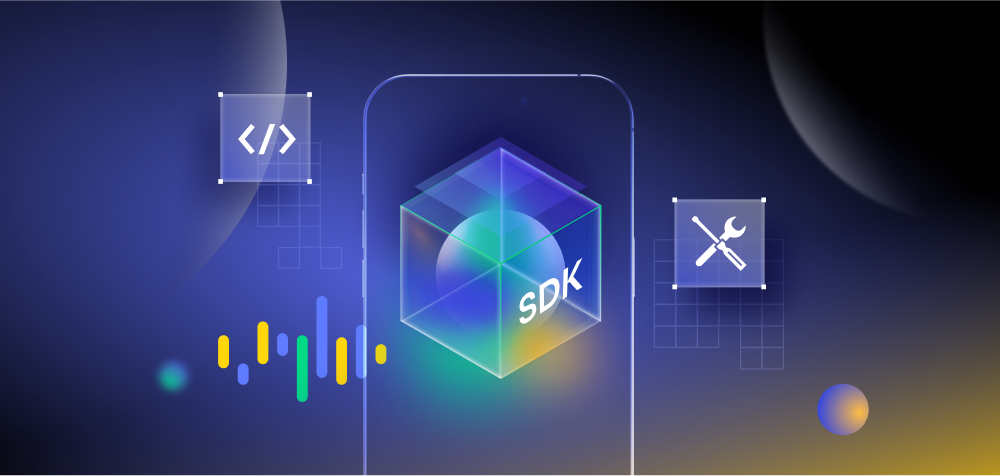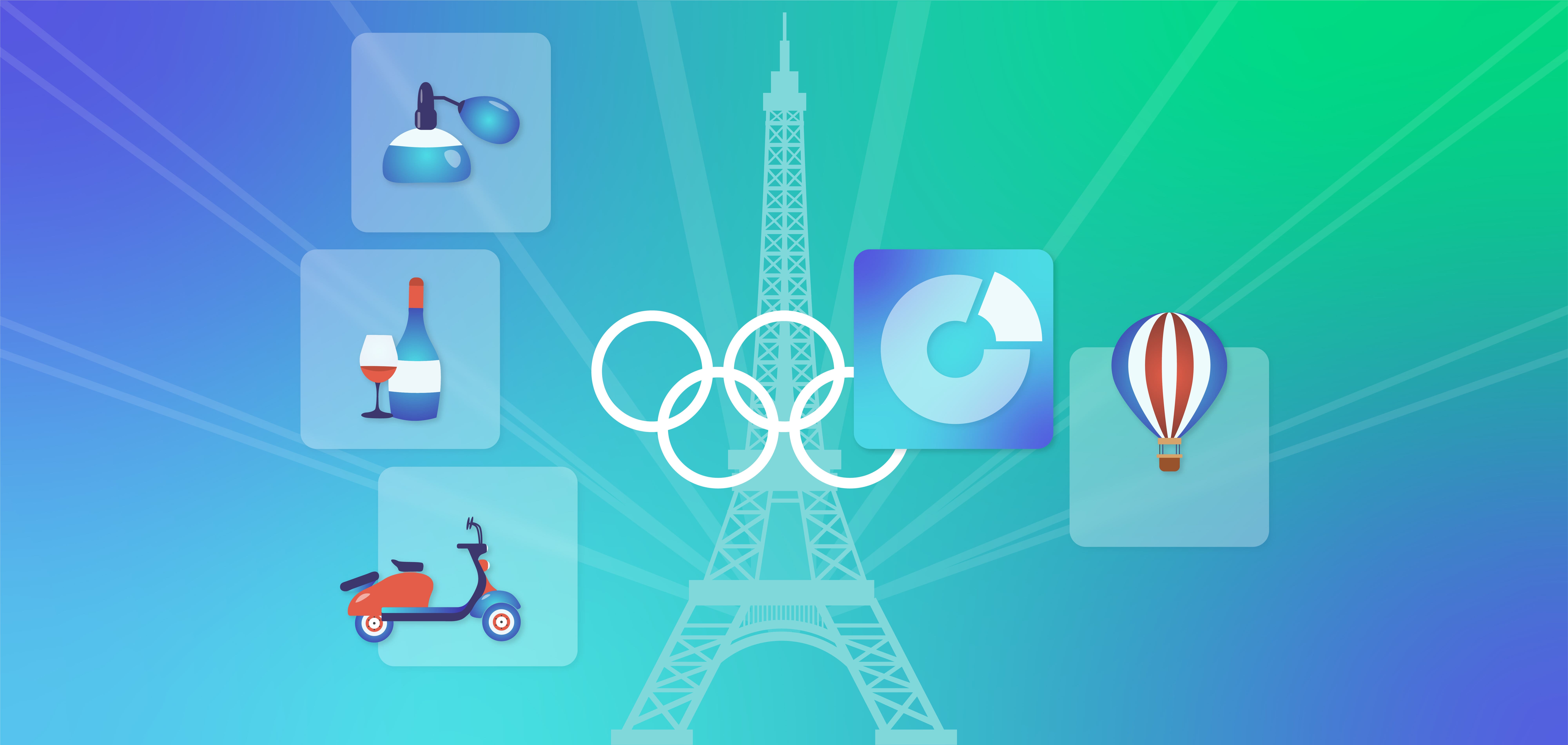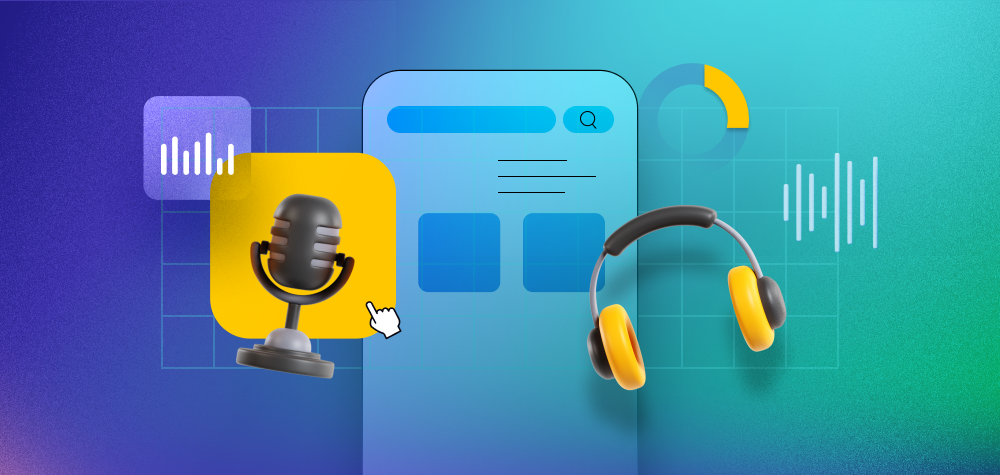Imagine you want to build a toy spaceship. Where to start?
You need parts in all the right shapes, connectors, glue, tools, and a blueprint of how to put it together. Or you can just buy a Lego set—everything you need is pre-designed and ready to use out of the box, so you don’t need to build it from scratch.
This is a great analogy for SDKs in the world of application programming. Software development kits, or SDKs, are an essential building block for app developers, very similar to a Lego set.
In this article, we’ll explore SDKs and what they’re used for, and why app developers rely so heavily on SDKs for mobile advertising.
What is an SDK?
An SDK (software development kit) is a group of tools, documentation and libraries used by programmers and developers to create software applications for a specific platform or operating system. With an SDK, the developer gains access to a set of blueprints for an application, which they can customize and integrate into an app, platform or product.
SDKs enable faster development of complex apps, as the programmer has a huge head start; instead of developing from scratch, they can tap into the SDK and get features and functions up and running far more quickly.
For example, a programmer can use one set of SDKs to build a news feed or include weather information in their app. They might use a different set of SDKs to allow users to create an account or log in with their Google, Facebook or Twitter credentials.
Mobile developers use SDKs to connect their apps to a wide range of third-party technologies and services. For this group, one of the most important categories of SDKs are those that connect apps to advertising platforms, allowing developers to monetize their apps.
The average Android app uses 18 SDKs, according to a 2018 study from SafeDK.
What is included in an SDK?
The companies that build various hardware platforms, software platforms, programming languages and operating systems create SDKs to make it easier for other people to build apps that run on, or otherwise connect seamlessly to their hardware, software, programming language, or operating system.
Two of the best-known SDKs on the planet are the iOS SDK and Android SDK—developers who want to build a mobile app for iOS or Android need to use the correct SDK to do so.
There are hundreds of other popular SDKs in use today, which help mobile apps track user analytics, improve app performance, display ads, integrate with social media platforms, and more.
SDKs typically include:
- Code samples
- Libraries
- Documentation
- Technical notes/tutorials
- APIs
- Drivers
- A compiler
- Editors
- Testing tools
- Network protocols
- Debuggers
- And more
Common types of SDKs
There are several types of SDKs available for a range of software and hardware applications, including desktop, mobile and internet-connected devices. These include:
Proprietary SDKs
Proprietary SDKs are licensed by the SDK owner. For example, Microsoft owns the Windows SDK, and Start.io owns the Start.io mobile SDK. In order to access a proprietary SDK, app developers must sign a licensing agreement, and in some cases, may need to pay the SDK developer a licensing fee.
Open-source SDKs
Open-source SDKs are available for general public use and modification, and typically do not require that developers buy a license. They can be used for the development of free software applications.
Mobile SDKs
Mobile SDKs connect to mobile apps, making app development faster and easier. The most commonly used mobile SDKs are for in-app ad monetization and analytics.
Hardware SDKs
These SDKs are for the development of hardware-based applications, such as smart devices. Hardware SDKs include additional components, such as hardware monitoring, diagnostics and other hardware-specific tools and documentation.
What’s the difference between SDKs and APIs?
An API, or application programming interface, is a software interface that enables communication between different platforms or applications. The API provides developers with access to third-party proprietary technology that they can integrate on their platform or app.
In contrast, an SDK is the complete collection of tools, documentation, libraries and other building blocks to support the development of an entire app.
Due to their function, APIs are sometimes just called ‘interfaces,’ while SDKs are called ‘dev kits.’ APIs can be a standalone piece of code, or come as part of an SDK. An SDK can include multiple APIs. For example, an SDK could include a payment API, which interfaces an app with a payment software system, and a weather API, which interfaces with a weather data provider.
SDKs and advertising
In-app advertising is a critical part of an app’s monetization strategy. With a mobile advertising SDK, app developers can connect directly to mobile ad networks and feature ads in their apps, without having to build the complex infrastructure that in-app advertising requires.
Think of SDK advertising as a “plug and play” approach to monetization. The tools provided by the mobile ad SDK enable developers to integrate in-app ads quickly and seamlessly, with far less programming time, people hours, and budget. By leveraging SDK monetization, app publishers can efficiently tap into potential revenue streams generated from access to leading mobile ad networks.
The benefits of SDK ads
Let’s take a look at how advertising SDKs benefit app publishers:
- Access to quality demand: SDK advertising connects the app to a robust ad network, easing the path to high-quality demand for in-app ad placements. Premium demand enhances brand safety, and helps align ads with the app’s content and user preferences, which is key to boosting user engagement and revenue.
- Managing demand is easier: Mobile SDK ads enable app developers to connect with multiple demand partners and manage them in a more efficient and seamless way. This simplifies operations, saving time while building revenue streams.
- Automation: SDK advertising brings automation to app monetization, making it easier to integrate ads seamlessly into an app. Automating the processes of in-app advertising frees up time for developers to focus on building new features and improving the user experience.
- Transparency: Mobile ad SDKs support transparency throughout the monetization process. App developers benefit from access to data and insights about ad performance and user engagement, informing smarter strategic decision making about ad placements and frequency.
- Optimize app monetization: Mobile app SDK tools allow developers to test various ad units, optimizing their performance based on user feedback. A range of mobile ad formats are available via an advertising SDK, such as rich media ads, rewarded ads, and interstitial ads, helping to enhance the in-app ad experience, increase user engagement with ads and maximize revenue potential.
Looking for an SDK advertising partner that can help take your app to the next level?
Start.io is the leading choice for app publishers worldwide, with access to premium global demand and advanced ad experiences to reach your monetization goals.
Connect with us to learn more.
FAQ
Why use an SDK instead of an API?
APIs are an essential tool for app developers, providing an interface that connects two platforms or software components together. However, APIs are just one part of an SDK. An SDK is a complete blueprint for app development, supporting app creation from the ground up.
An API is helpful for adding a feature or update, however an SDK is necessary to gain access to the full range of tools, documentation and libraries for the entire development process.
What is the benefit of an SDK?
An SDK is a bundle of pre-built tools, code and documentation, creating a framework for app creation that programmers can use to optimize the development process. SDKs enable developers to build apps faster and more efficiently, relying on pre-built parts and instructions, rather than starting the development process from scratch.
For mobile app developers, a mobile ad SDK connects the app to a mobile ad network, seamlessly integrating in-app advertising and supporting app monetization.
What is an example of an SDK?
There are numerous SDKs available for various purposes in app development. Google ADMob SDK, Amazon Publisher Services SDK, and Start.io SDK are all examples of third-party mobile SDKs that developers can use to support in-app advertising and app monetization.



